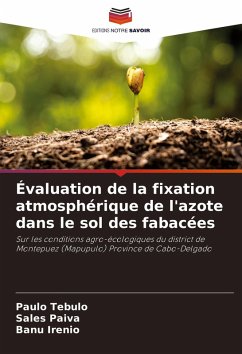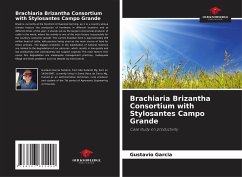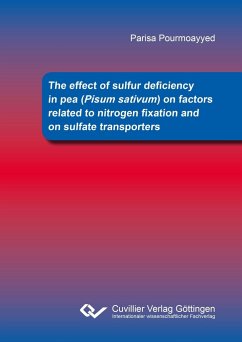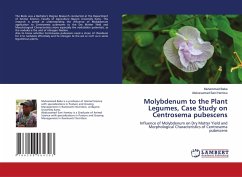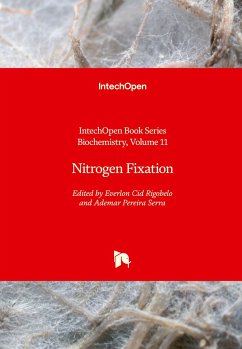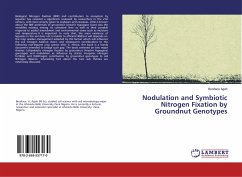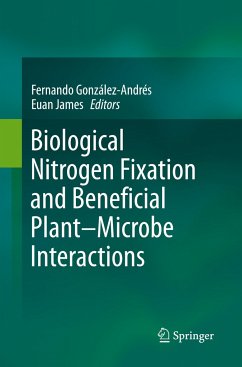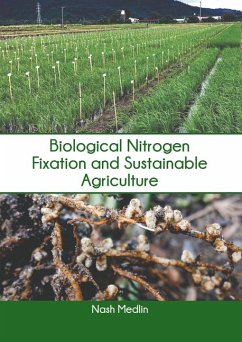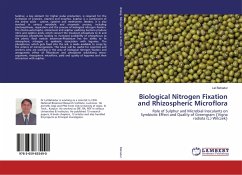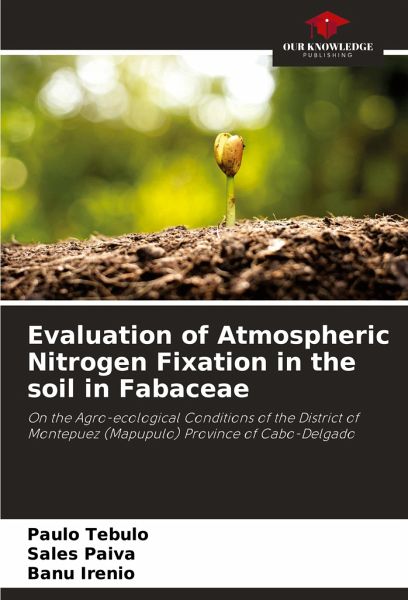
Evaluation of Atmospheric Nitrogen Fixation in the soil in Fabaceae
On the Agro-ecological Conditions of the District of Montepuez (Mapupulo) Province of Cabo-Delgado
Versandkostenfrei!
Versandfertig in 6-10 Tagen
29,99 €
inkl. MwSt.

PAYBACK Punkte
15 °P sammeln!
The family sector in Mozambique practices traditional agriculture, which is characterized by accelerating soil degradation. In this way, an experiment was conducted in the experimental fields of the Agricultural Research Institute of Mozambique (IIAM) at the Mapupulo Agricultural Research Center (CIAM), with the aim of evaluating atmospheric nitrogen fixation in the soil in Fabaceae species, namely Soybean(Glycine max (L),Crotalaria (Crotalaria juncea (L), Nhemba Bean (Vigna unguiculata (L), Boer Bean(Cajanus cajans (L) and Vulgar Bean(Phaseolus vulgaris (L).The Glycine max species had the hig...
The family sector in Mozambique practices traditional agriculture, which is characterized by accelerating soil degradation. In this way, an experiment was conducted in the experimental fields of the Agricultural Research Institute of Mozambique (IIAM) at the Mapupulo Agricultural Research Center (CIAM), with the aim of evaluating atmospheric nitrogen fixation in the soil in Fabaceae species, namely Soybean(Glycine max (L),Crotalaria (Crotalaria juncea (L), Nhemba Bean (Vigna unguiculata (L), Boer Bean(Cajanus cajans (L) and Vulgar Bean(Phaseolus vulgaris (L).The Glycine max species had the highest number of nodules and nodule weight. It is recommended that producers adhere to the species with the highest fixation rate due to the results achieved, which was Glycine max with a rate of 450±6.124 N/kg/ha.





